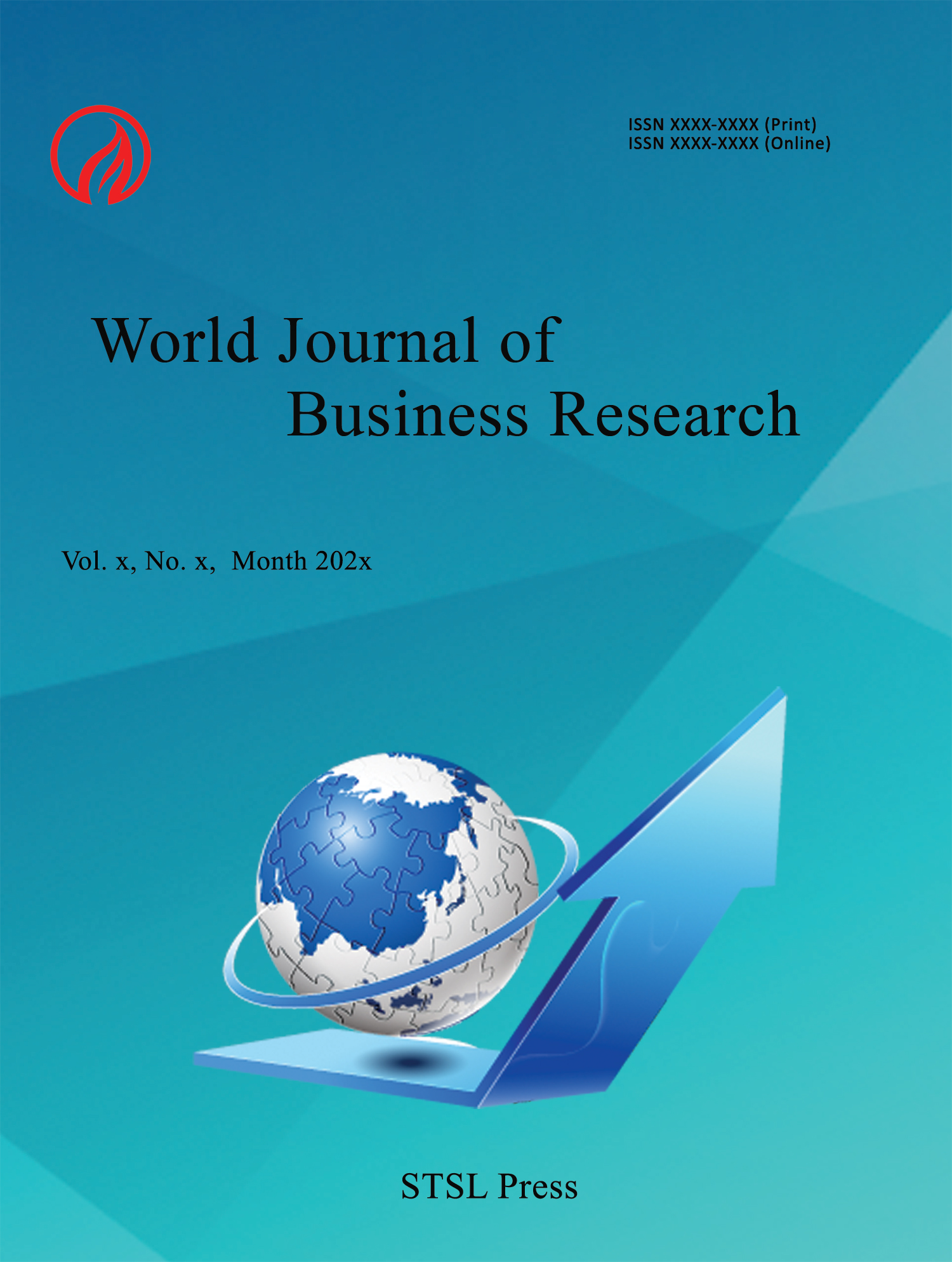International Trade Policies: Cost, Benefits, and Ethics
Dr. Ioannis N. Kallianiotis
Abstract
International trade is the purchase and sale of goods by companies in different countries. Consumer goods, raw materials, food, agricultural products, pharmaceutical products, energy, and machinery all are bought and sold in the international marketplace. International trade allows countries to expand their markets and access goods and services by importing them, otherwise may not have been available domestically. As a result of international trade (exports and imports), the markets become more competitive and a fair trade is necessary for countries to maximize the wellbeing of the citizens, too. International fair-trade policies and trade restrictions are the set of agreements, regulations, and practices by a government that affect trade with foreign countries, which is a combination of standards, laws, and practices that influence imports and exports. Trade policies can include regulations, devaluation of currencies, dumping, tariffs, and quotas, with which they want to restrict trade and set policies that protect local industries from foreign competition. Ethical trade policies must have a number of benefits, including economic growth, employment, attracting domestic firms to produce locally more efficiently at lower costs of production, and to lead countries to autarky and to maximization of their social welfare. These trade policies are effective if the price elasticities are high (elastic). The empirical results show that most of these elasticities are small (inelastic).
Paper:
pdf
DOI:
https://doi.org/10.71002/wjbr.v5n1p1
 This work is licensed under a
Creative Commons Attribution 4.0 License.
This work is licensed under a
Creative Commons Attribution 4.0 License.
Contact us
- Colin Garcia
- wjbr@stslpress.org
